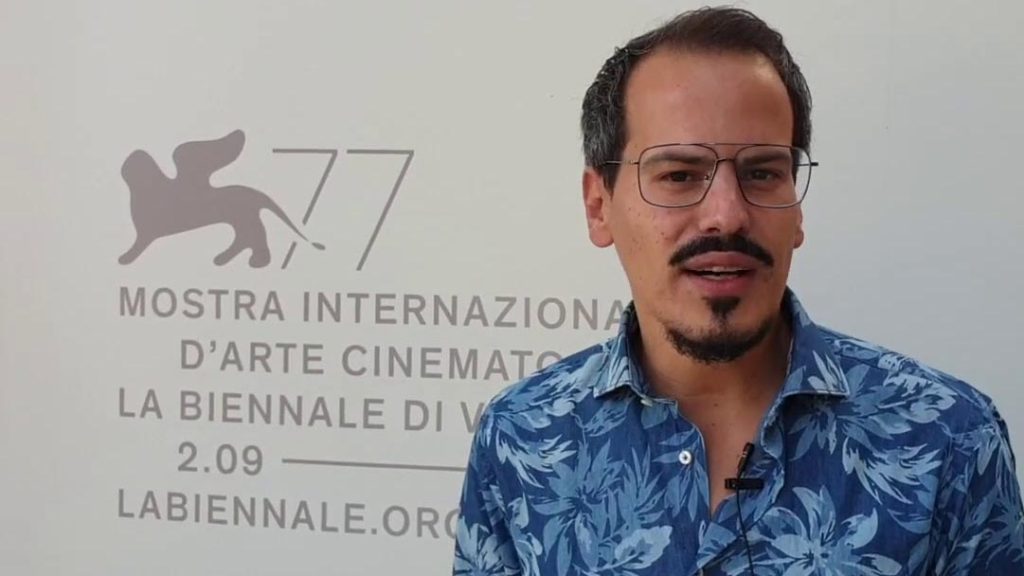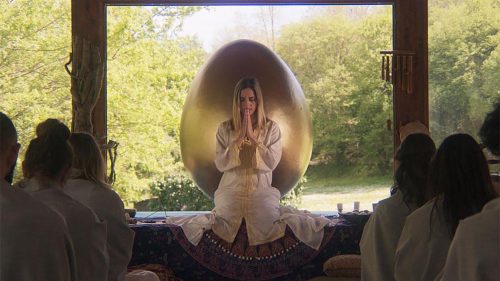
Born in Rome in 1986, Claudio Casale moved to Asia after earning his degree in Economics. Upon returning to Rome, he ventured into directing and realized two documentaries. Already in Venice in 2018 with My Tyson, which won the MigrArti Prize, and in 2020 in competition in the VR Expanded section, The Year of the Egg is his first fiction film, made thanks to the Biennale College call.
How did the idea for this debut work at Biennale College come about?
As society grows more complex, I wanted to tell the story of a micro-community. Each of us interacts, or is part of, a micro-community: online forums, for example. In my film, the two protagonists follow their instinct and their desire for a new and different lifestyle. The want to become a part of the Community of the Egg.
What happens within this little portion of the world when one fails, or their values collied with those of the community?
Strife changes perception. I wanted my story to go beyond any hardline distinction between what’s good and what’s bad. I’d love my audience to wonder what was going on and pay attention to the nuances more than to more discernible features. I should also add that conflict quite often takes place within ourselves.

Gemma and Adriano are a young couple expecting their first child, and they have decided to bring their child into the world far away from an increasingly competitive and profit-driven society. They turned to the community of the Egg: a spiritual group that lives in contemplati...
In your film, maternity is seen through the eyes of a man. The overall tone of the story is also quite sensitive, and never trite.
It is important to understand what Adriano goes through. Obviously, the role of men in maternity is less central. The Egg Community, which is centred on maternity, places men in a lateral position viz. women, and it doesn’t take much for the experience to make one feel out of place. I wanted to investigate this state of bewilderment in a generation younger than I am. I learned a lot from Adriano.
The film was produced by Biennale College. What kind of experience was it?
Biennale College proved to be a fantastic opportunity for me. I met master filmmakers of amazing experience who gave their all to help us define our stories and characters. It was truly an enlightening experience, and I feel so lucky to have been able to access it. If I chose a traditional production process, I would have had to wait years for my project to be produced. The point, though, is that I feel it’s urgent to tell this story right away. Biennale College and the Sardegna Film Commission made it all possible.
You have a resume with a degree in Economics, so it’s not a completely conventional path for a filmmaker’s education…
For ten years, I resisted the idea of just doing what I wanted, then life brought me back to square one. Even as a high school student, I have always felt this urge, this ambition, this interest. I worked in a very different sector than show business, and lived abroad for some time: South East Asia, India, South America… the farther I was from home, the more I could refine my look on things, the way I want to see the world.